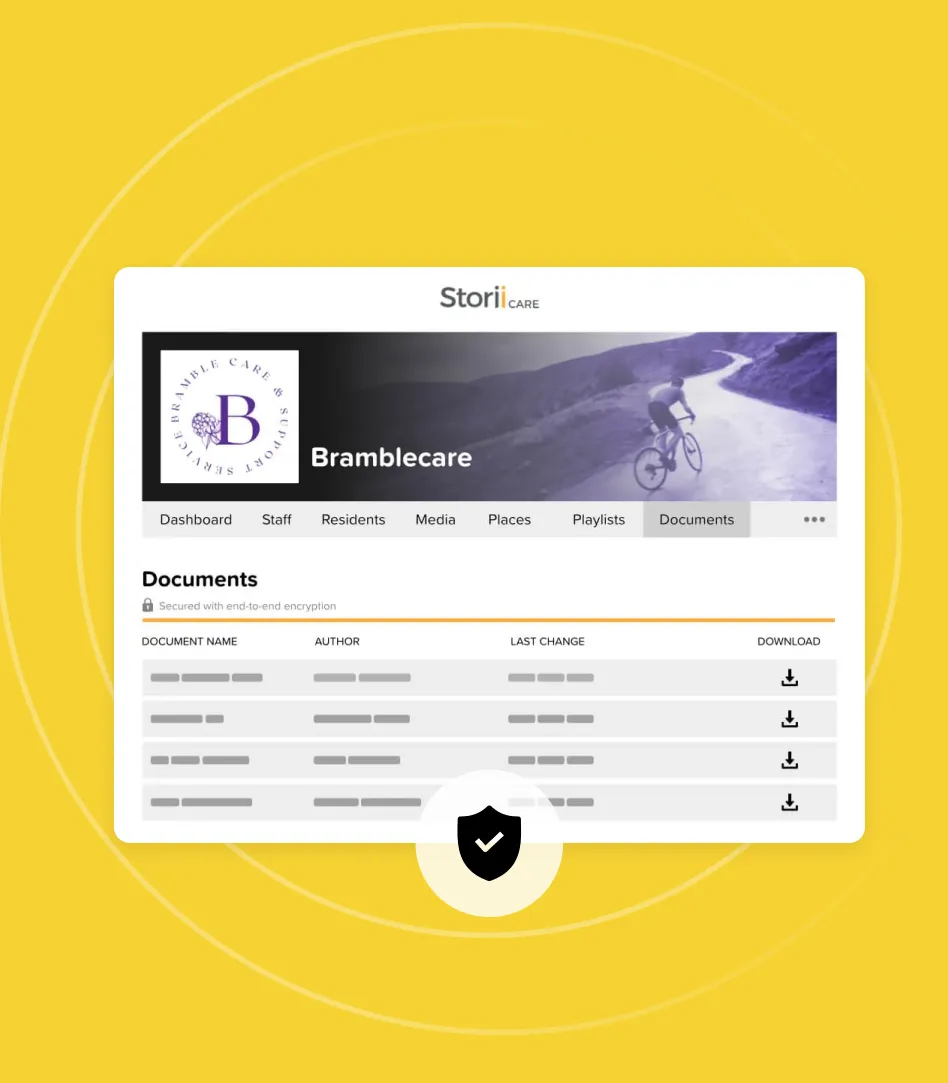What is an Outcomes-Based Approach?
It is a person-centered approach to care and support that sees people as the experts of their own lives. Therefore, it acknowledges that residents, clients or participants are best placed to tell you what is important to them and what gives them a sense of wellbeing. Appreciating that people often need support to communicate these things, a practitioner or case manager will assist the individual to:
1. Identify what they want to achieve and how they want to achieve it
2. Explore their own strengths and abilities
The Importance of an Outcomes Approach
An outcomes-based approach is important because it supports people to live the best lives possible. It does this by valuing their wants and needs while building upon their unique strengths and abilities. When people feel listened to and supported to do things they want to do, in their own way, they are more likely to improve their health and wellbeing.
The Principles of Personal Outcomes
An outcomes-based approach uses the following principles:
- People should be at the center of their own care and support planning
- They should be actively listened to without judgement
- Personal strengths should be acknowledged and reiterated
- People should be supported to identify what they want to achieve
- A plan on how to achieve these outcomes should be agreed upon and created collaboratively
- All involved parties (family members, carers, social workers, etc.) should be aware of this plan and where necessary, may also contribute to it
- Meaningful communication is at the heart of understanding someone’s personal outcomes
Having a Conversation About Personal Outcomes
Finding out what truly matters to someone starts with having caring conversations. These conversations should be approached gently and with warmth. You want to create a safe space for that person to open up, but do anticipate defensiveness. This is natural and it’s best to avoid a sense of argument or confrontation. It can help to remember the acronym OARS for facilitating a productive conversation:
Open-ended questions: i.e. Why don’t you tell me a little bit about what’s been going on? What about that concerns you the most? What would make you feel better in this situation? Would you like me to give you a bit more information?
Affirm strengths: Acknowledge challenges they’ve already faced and overcome. Try to notice capabilities or strengths as they arise in their stories and affirm these.
Reflective listening:
Summarize in an empowering way: Focus on the main issue(s) at hand and summarize what they told you. This will show that you care and have been actively listening. Go over what actions they’ve decided to take.
For more helpful information on having these types of conversations, see this document created by Social Care Wales.
Outcomes Supervision
Milestones
Within an outcome may be smaller elements or milestones that can be used to measure progress towards completion. For example, someone may have a personal outcome of improving the mobility in their legs. Milestones within that outcome could be completing a set of physio exercises, bearing weight for a certain amount of time, walking a certain distance, and so on. Setting smaller, more attainable milestones within a larger goal can be motivating and boost self-esteem as an individual completes them.
Assessment & Review
When reviewing outcomes, here are some things to consider:
- Strengths: What is going well?
- Risks: What are you worried about? Are there any barriers?
- Progress: Where are you now? How do you feel about the progress made so far?
- Options: What needs to happen now? Is there anything you wish to revise?
- Goal: Where do you want to be? What is the next best step?
Reviews should take on the same principles stated earlier. Keep conversations semi-structured and open-ended. Move away from a traditional approach of filtering feedback to fit a specific form and check off boxes. Practice active listening and feedback. Remember, the aim is to find co-produced, creative solutions to whatever arises during reviews. You are a partner and advocate in supporting them to achieve their personal outcomes.


.jpg)

.png)
.png)
.png)










